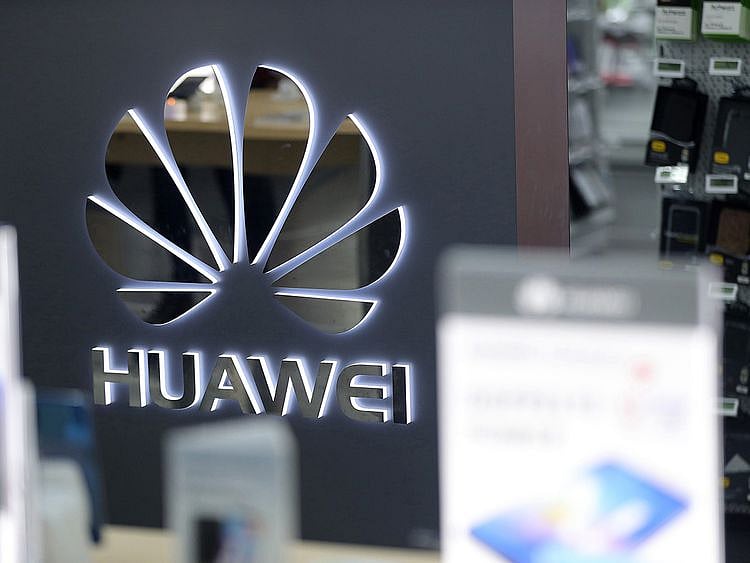Who owns the technology is now an issue
As the Huawei fracas shows, there are no easy answers as consumers lose out

Also In This Package
What matters more - your security or your technology?
This is a question I often ask people, and here’s what tends to happen. First, there’s a quick-fire response. “Security, of course,” they reply, almost affronted by the suggestion that they might answer otherwise.
Then there’s a pause. I throw out a casual question or two. “What devices do you have?” I ask. “Are you a Tweeter or Instagrammer?”
The conversation warms up, so I decide to probe a little further. We reminisce about life before the cellphone and joke about the days when we used to get tangled in telephone cables and grapple with paper maps – the place you wanted was invariably hidden along a crease.
We revisit my first question, and this time there’s a hesitation. I can almost see the internal struggle playing out. Security and privacy are important, but are they more important than the technologies we have come to rely upon?
The person I’m talking to desperately wants to say “Yes” because saying “No” means admitting just how deep they have fallen into the sleek and convenient arms of 21st century tech.
Here is just one of the many ironies when it comes to the privacy/security debate. People demand control over their data, but give themselves over whole-heartedly to their mobile devices, springing into action at every ping. There is no control to be had here, and no mistaking who has the upper hand when it comes to the relationship between a device and his man.
A debate that’s only starting
But there is no shame in it; technology is a wonderful thing and the incredible devices and solutions on the market are a testament to the brilliance of the human mind. Without doubt, technological advances have made our lives better, easier and, in many cases, longer.
Yet, there is a persistent thorn in the side of hi-tech: a debate over the security of our data that stubbornly rages on.
As many of you will know, this is a topic I have written about on numerous occasions, but it’s hard not to. The world throws up too many tempting opportunities – too many instances where the battle of security versus technology deserves attention. And right now, that fight finds its arena within the “new” Cold War between China and the West, with Huawei counting as Enemy Number One.
Political ping-pong
The US administration has long claimed that Huawei poses a national security threat and imposed sanctions that continue to hit the firm hard. Now, in the latest turn of events, the UK Government has performed a U-turn on an agreement that would have granted the Chinese tech giant a significant stake in Britain’s 5G infrastructure.
Instead of relying on Huawei to kit the country out, the UK announced last week that mobile providers will be banned from buying new Huawei equipment after December 31, and that they must remove the company’s products from their networks entirely by 2027. (That gives China seven years to grab as much data as they can!)
Sells consumers short
Evidently, there are political nuances to the whole affair, but the problem boils down to this: China has the technology we need, but we don’t want to pay the price. In other words, we don’t want to relinquish control of our data, if we haven’t already (which, by the way, is a big assumption).
Now, I am not saying that the West should trade national secrets for faster internet, but at the individual level, there are big implications for not striking a deal. As Huawei spokesperson Ed Brewster put it, Boris Johnson’s recent U-turn is “bad news for anyone in the UK with a mobile phone.” It’s as simple as that.
I don’t want to get embroiled in politics. The point I would like to make is this: If we want to have access to the world of ever-advancing tech, then we have to accept that handing over a little bit of ourselves is the price we pay. But should we do that to a foreign power?
- Tommy Weir is CEO of enaible: AI-powered leadership and author of “Leadership Dubai Style”. Contact him at tsw@tommyweir.com.
Sign up for the Daily Briefing
Get the latest news and updates straight to your inbox
Network Links
GN StoreDownload our app
© Al Nisr Publishing LLC 2026. All rights reserved.